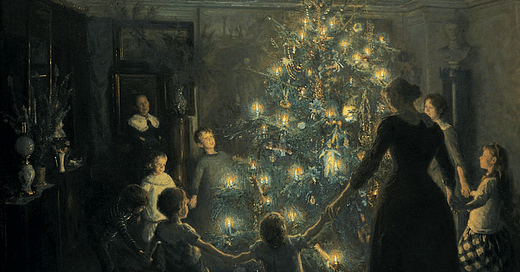Two days ago our home was cast into utter darkness. The lights flickered ominously and then succumbed to the freezing rain that had been raging since the early afternoon. All was black and disorienting, so much so that the first question that popped into mind was “Where am I?” While just a moment ago, everyone in our …
© 2025 Ruth Gaskovski
Substack is the home for great culture






